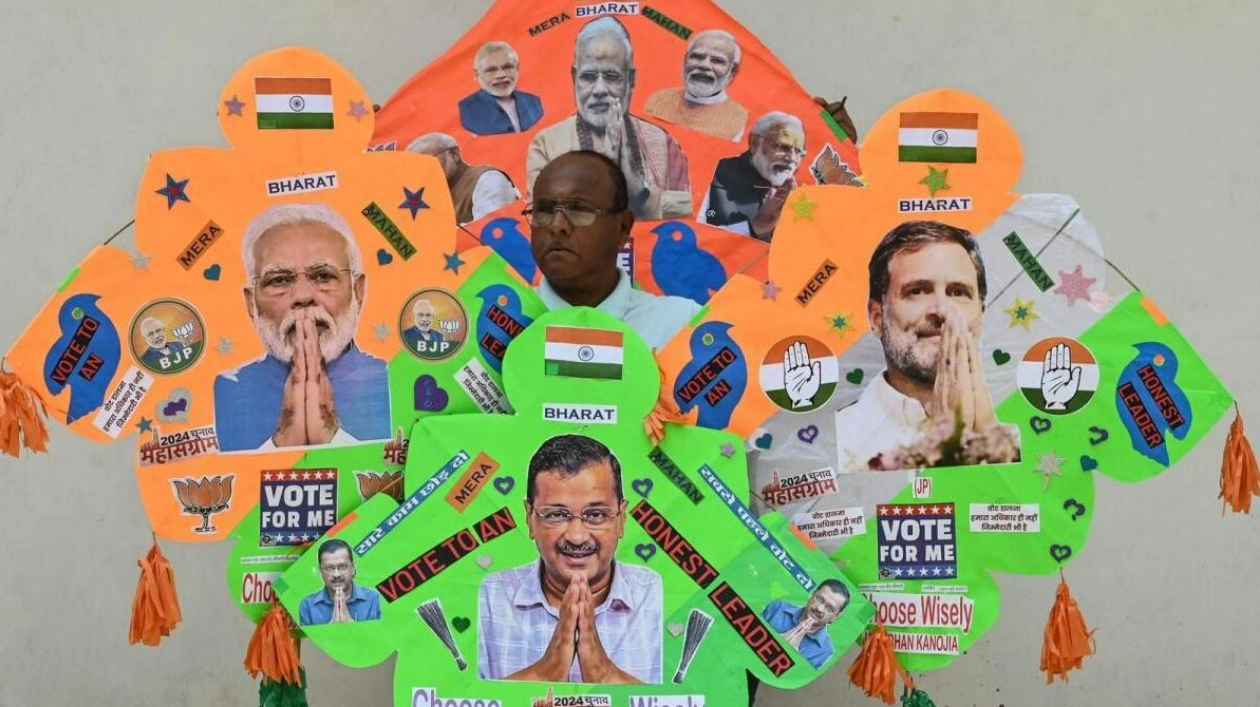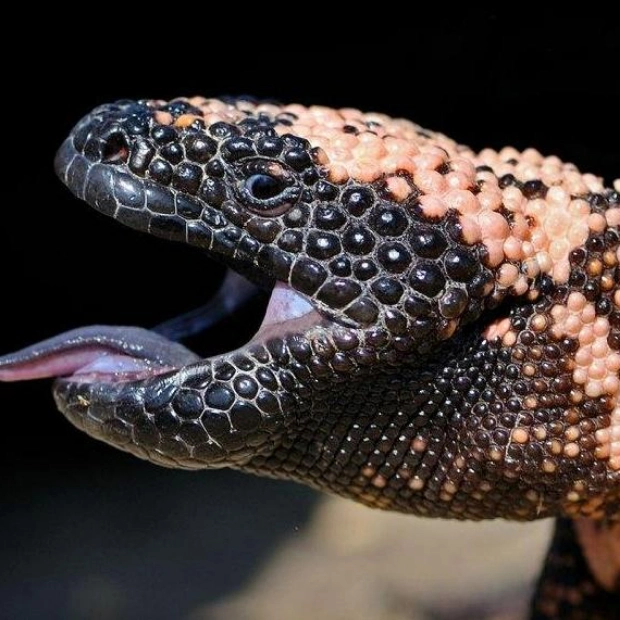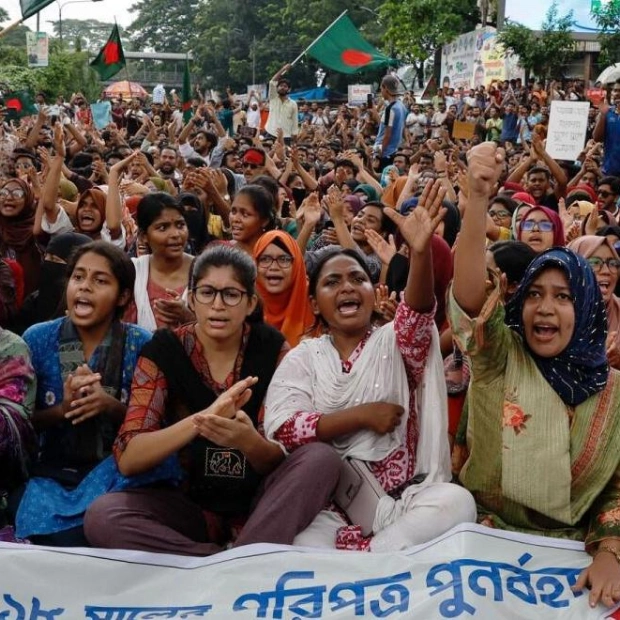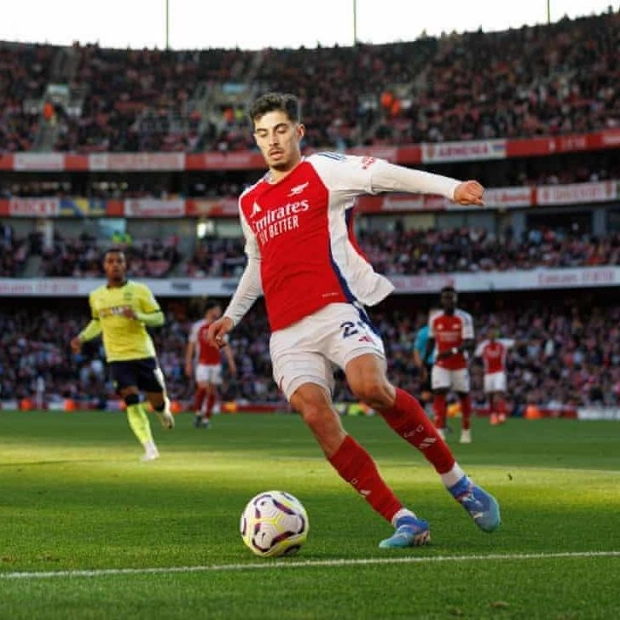India's general election concluded after more than two months of intense and heated campaigning. The voting took place in seven phases from April 19 to June 1, with the counting scheduled for June 4. Prime Minister Narendra Modi, seeking re-election for a third consecutive term, initially focused on his achievements but later shifted to targeting the opposition, accusing them of favoring India's Muslims.
The final phase of polling, including Modi's constituency, is set for two days from the campaign's end. Modi expressed confidence in a significant victory for the BJP and its alliance shortly before the campaigning concluded, while his main opponent, Rahul Gandhi of the Congress party, continued campaign rallies in Odisha and Punjab.
Modi plans to spend the next two days meditating at a memorial for Hindu philosopher Swami Vivekananda in the southernmost tip of India, drawing criticism from opposition parties who view this as a form of campaigning in breach of election rules. This move parallels his meditation at a cave in the Himalayas before the 2019 election.
Despite maintaining his popularity according to opinion polls, critics have targeted Modi for his divisive politics and handling of issues such as unemployment, inflation, and rural distress. Former Prime Minister Manmohan Singh also expressed concerns about the use of hateful language and divisive tactics in Modi's campaigning.






